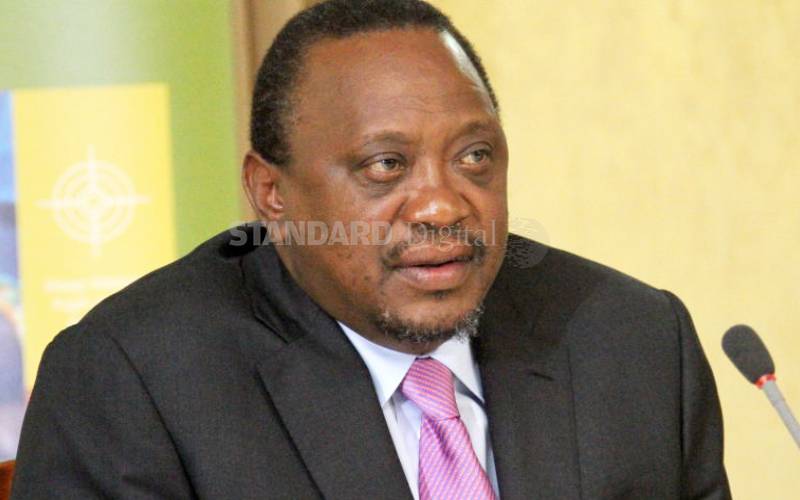×
The Standard e-Paper
Kenya’s Boldest Voice

At an event graced by President Uhuru Kenyatta (pictured) two weeks ago, the Kenya Conference of Catholic Bishops released a pastoral letter at Subukia Shrine in Nakuru County.